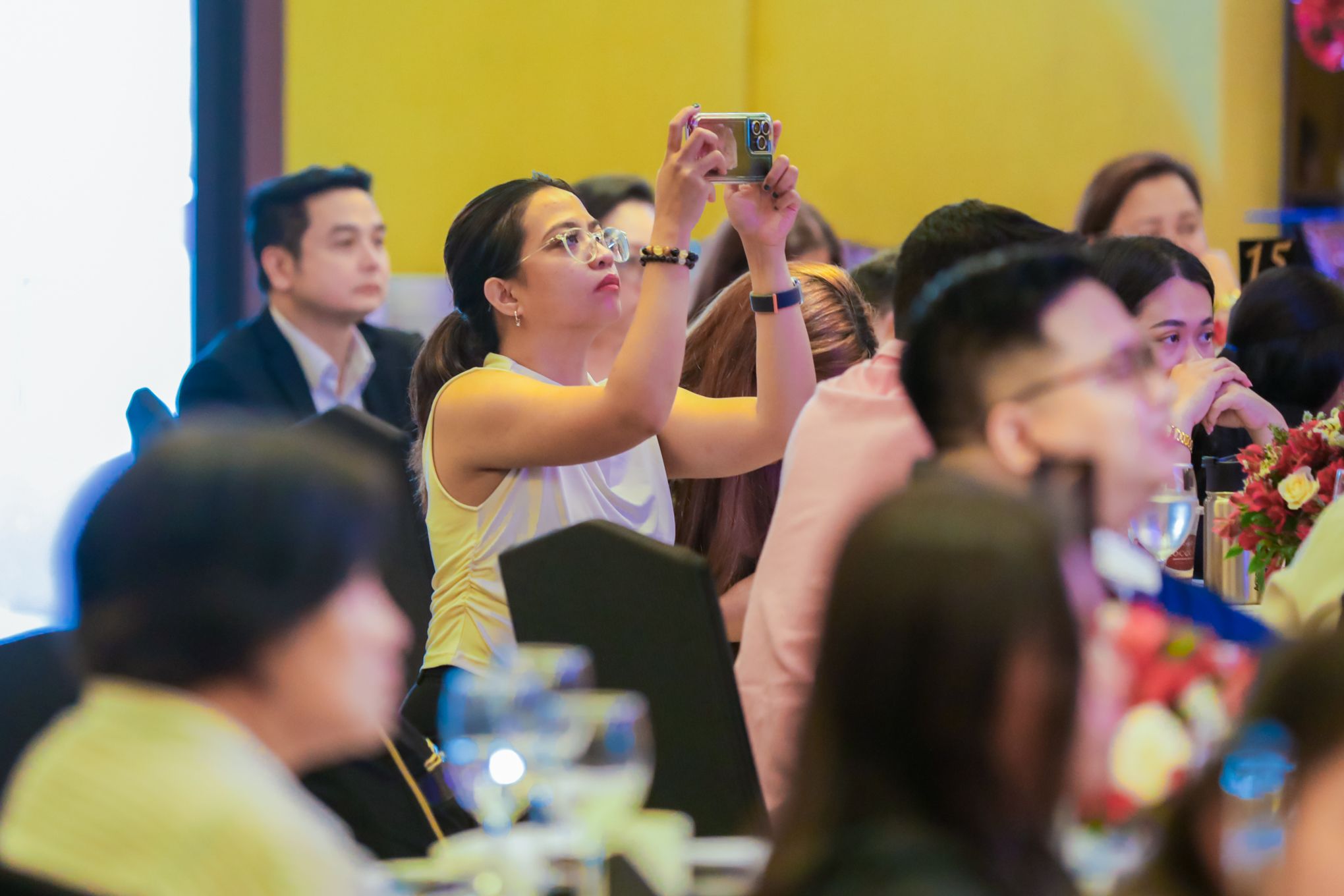Palace urges end to misinformation targeting government officials
Malacañang has urged both the private and public sectors to put an end to misinformation and disinformation, particularly against government programs and officials.

Presidential Communications Office (PCO) Undersecretary Emerald Ridao emphasized the need to put an end to misinformation and disinformation efforts within the “digital sphere” against government programs and certain individuals.
"We are starting with our digital defense today because it is very clear to us that misinformation and disinformation campaigns against the government programs, and against the persons within the administration are increasingly prevalent,” Ridao said during the UniComm 2024 in Intramuros, Manila.
“And so, we’re hoping that together we can ban together and really put an end to this problem within our digital sphere,” she added.
Ridao noted that the PCO, Malacañang's communication arm, has joined forces with giant social media companies in the Philippines to collectively combat misinformation and disinformation.
Discussions during the UniComm delved into strategies to fortify digital defenses amid the rising tide of misinformation campaigns targeting officials and government programs.
The event was attended by META, Google, and TikTok officials who shared their insights and expertise on various aspects particularly on combatting misinformation and disinformation.
META Public Manager Genixon David reminded the public to always keep their social media accounts secured as he stressed the security of one’s social media account “is dependent on the security” of their account.
“As much as possible, let’s make our password strong and unique,” David said.
“The security check up will help you log out of unused apps and browsers, manager alerts, and strengthen your password. While the privacy check-up will help you review who gets in your posts and information from your profile, like your phone number and email address,” he added.
Google Head of Government Affairs Yves Gonzales said YouTube does not allow any content that poses a serious risk of harm by spreading medical information that contradicts local health authorities, or guidelines set by the World Health Organization (WHO).
“YouTube has basically democratized having an audience, as an open platform, users like you, [like] individual users and governments come to YouTube on a voluntary basis and you have the full control over when, if and what kind of content you choose to upload,” he said.
For his part, TikTok head of public policy in the Philippines and Malaysia Toff Rada highlighted the significance of building “critical thinking” especially when users cannot distinguish between right and wrong content.
“Even if you remove the bad pieces of content, even if you put up the right pieces of content, if your user cannot distinguish between right and wrong, then it is of no use. So, I think we have to build that critical thinking,” Rada said.
During the event, the PCO, META, Google, and TikTok stood firm to confront online challenges and ensure the integrity of public discourse.